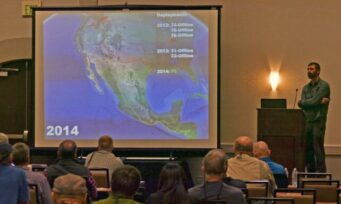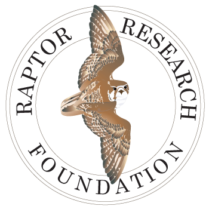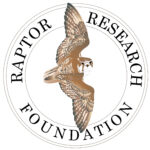Raptor
Research Foundation
An international scientific society whose primary goal is the accumulation and dissemination of scientific information about raptors.
JOIN US IN CHARLOTTE, NC FOR THE 2024 RRF ANNUAL CONFERENCE
ANNOUNCEMENTS
APRIL 15 - Deadline for symposia proposals!!!
Have an idea for this the symposium at this year’s annual meeting? Please contact our Scientific Program Committee co-chairs, Becca McCabe and Sophie Garcia-Heras. First come first serve basis.
mccabe@hawkmountain.org
ms.garciaheras@gmail.com
2024 CONFERENCE
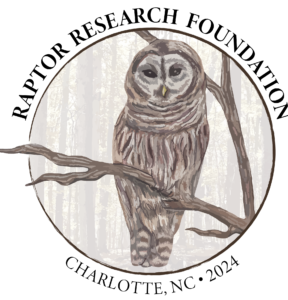
Charlotte, NC, USA
October 21st-26th, 2024
Mark your calendar and get ready to join us in Charlotte, NC in conjunction with the Carolina Raptor Center for an event you won't want to miss!
JOURNAL OF RAPTOR RESEARCH
The Journal of Raptor Research (JRR) is an international scientific journal dedicated entirely to the dissemination of information about birds of prey. Established in 1967, JRR has published peer-reviewed research on raptor ecology, behavior, life history, conservation, and techniques. JRR is available quarterly to members in electronic and paper format.
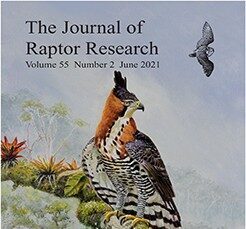
WHAT IS THE RAPTOR RESEARCH FOUNDATION?
The Raptor Research Foundation advances the science, conservation, and understanding of birds of prey.
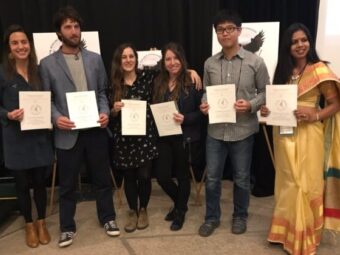
AWARDS
The Raptor Research Foundation has 13 awards and grants annually available to members and non-members of RRF. Each award or grant has different submission requirements and deadlines. Applicants should carefully read the submission requirements before applying.
JOIN
Our members include the world’s leading raptor specialists, as well as professional scientists, educators, wildlife managers, conservationists, students and amateur raptor enthusiasts.
The Raptor Research Foundation is dedicated to the accumulation and dissemination of scientific knowledge about raptors. Join today and help us resolve raptor conservation issues on an unprecedented international scale.
